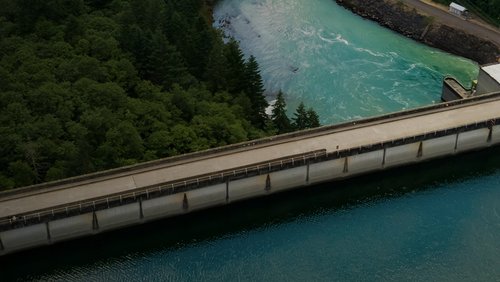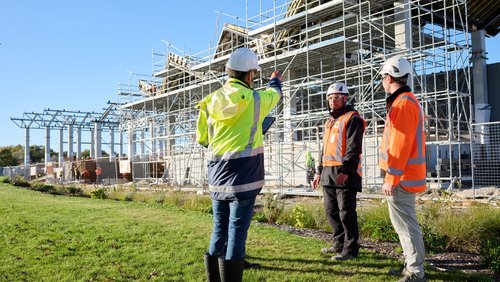1 Oct 2020
Ashlee Pearson from the Royal Melbourne Institute of Technology (RMIT) reflects on the challenges academics have faced due to the pandemic, and the important learnings.
Similar to Aotearoa New Zealand, the experience of academics and students throughout Australia at the moment is highly dependent on location. Most states have seen a reversion to a mostly normal life, with in-person activities recommending, albeit with additional health and safety measures. For Victorians however, similar to our colleagues in Auckland, we’ve been in ‘lockdown’ for the better part of the last seven months.
Teaching in 2020 has challenged all of us, regardless of where we find ourselves, demanding more agility, flexibility and creativity in content delivery than ever before. I personally think the exciting conversation to come out of the rapid uptake in technology and reconceptualization of higher education is how we can continue to implement and improve on these new ways of working to make higher education more accessible.
Similarly, I think the move to online delivery has highlighted the importance of key spaces on campuses for both students and more broadly, for instance, spaces for informal group work, and for ensuring equitable access to higher education, such as accessible/informal computer labs.
Perhaps different for Australian academics is that we've worked through Covid-19 and the many challenges it's brought us against a backdrop of an economic crisis in our university sector in part due to the collapse of the overseas student market and proposed changes to government-supported degree funding.
Things are changing, and I personally hope that the grounds we have gained in making higher education and engineering more equitable are not going to be lost!




